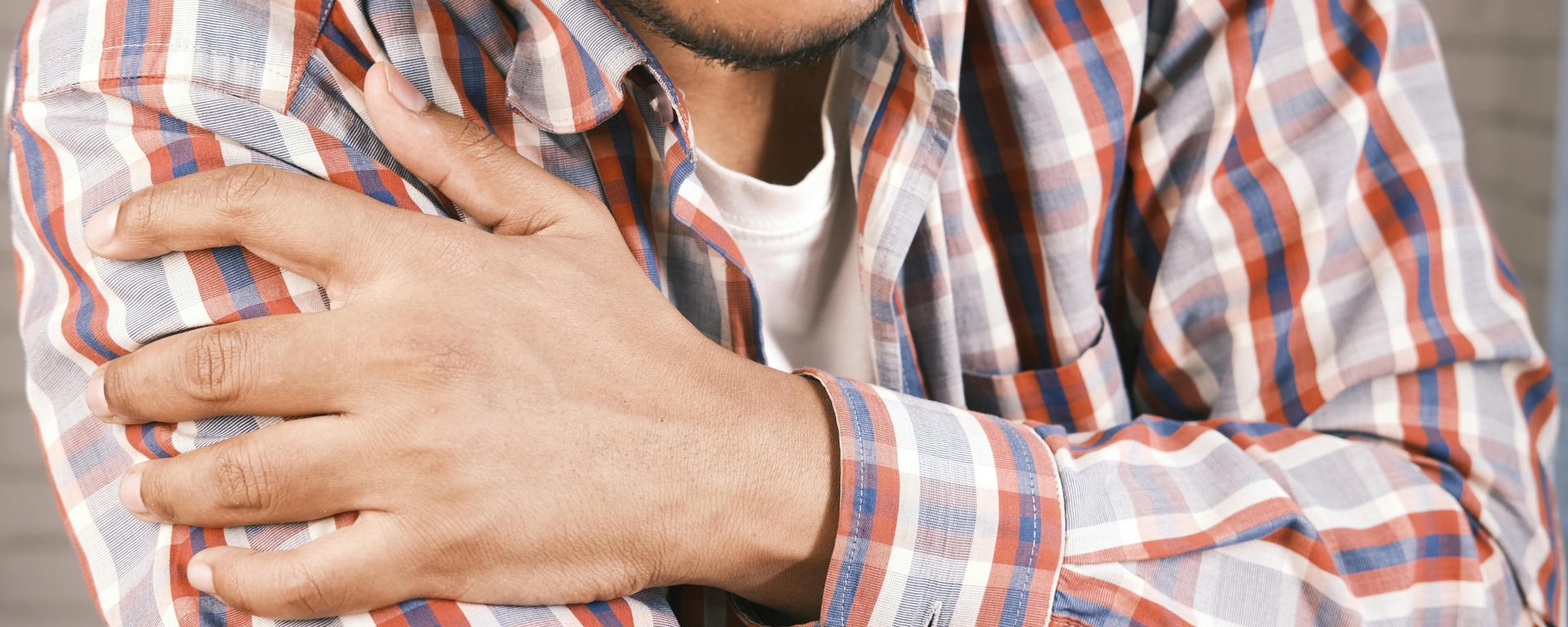In the realm of chronic pain management, systematic graded exposure in vivo (GEXP) has emerged as a promising intervention to alleviate pain-related fear and disability. While individual cases have demonstrated its efficacy, its effectiveness within broader clinical settings, particularly in group-based treatments, remains uncertain. In 2007 a study by Vida V. Bliokas and colleagues sought to ascertain whether the integration of GEXP into a multidisciplinary chronic pain management group (PMG) program would yield superior outcomes compared to conventional PMG approaches.
The study, involving 143 chronic pain patients deemed suitable for outpatient multidisciplinary PMG programs, employed a randomized allocation to three experimental conditions: usual PMG treatment, PMG incorporating systematic graded exposure, and a wait-list control group.
Contrary to expectations, the results indicated no significant disparity in clinical outcomes between the two treatment conditions. This suggests that the systematic inclusion of GEXP did not confer added benefits over conventional PMG treatment modalities. However, both group treatment programs exhibited notable improvements compared to the wait-list control across various parameters including pain intensity, fear of movement/(re)injury, pain self-efficacy, activity level, and depression. Notably, no significant treatment effects were observed on self-reported measures of pain disability or anxiety.
The findings prompt further inquiry into the applicability of GEXP across diverse chronic pain populations. While this study did not demonstrate its superiority within a multidisciplinary PMG framework, the broader validity and potential nuances of GEXP warrant continued investigation to optimize its integration into comprehensive chronic pain management strategies.
Reference: Bliokas, V. V., Cartmill, T. K., & Nagy, B. J. (2007). Does systematic graded exposure in vivo enhance outcomes in multidisciplinary chronic pain management groups?. The Clinical journal of pain, 23(4), 361-374.
